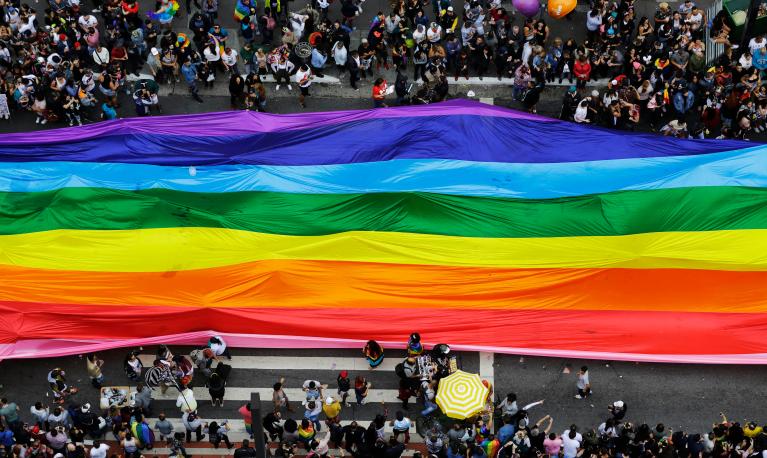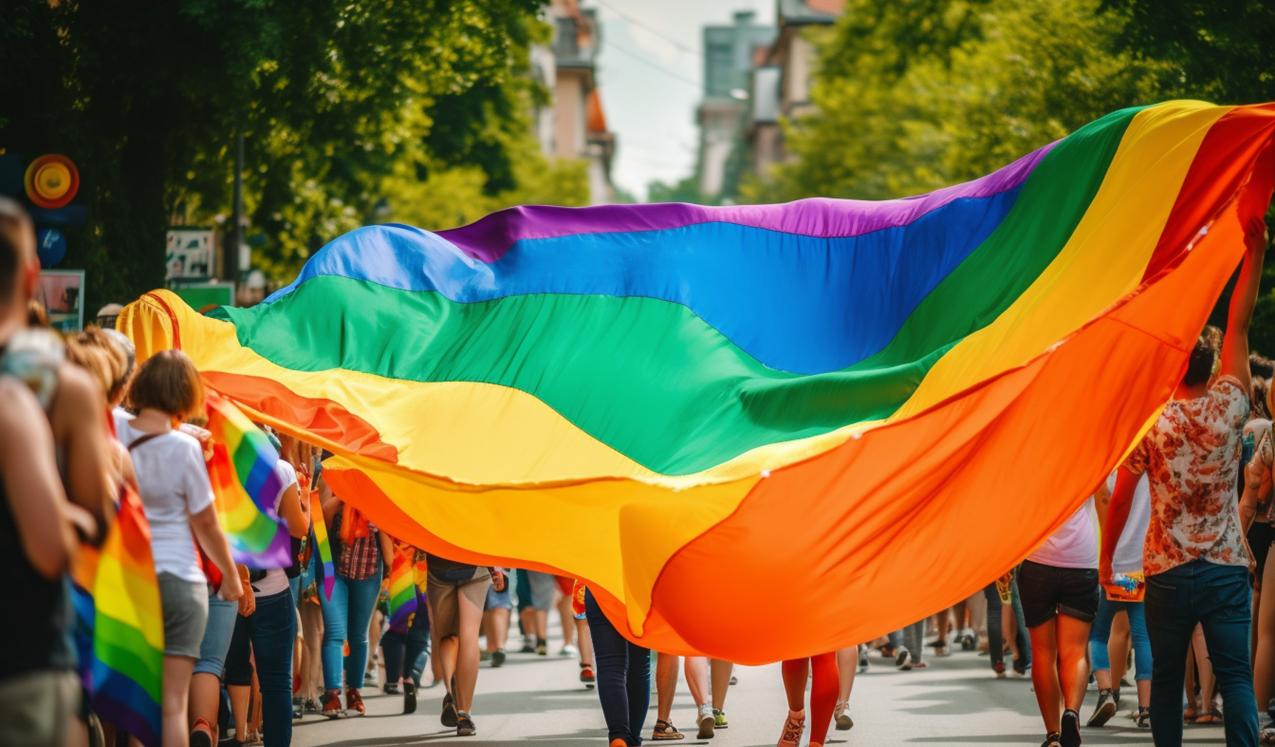
- Blog
- 14 December 2023
LGBTQI+ people on the frontline in the fight against democratic backsliding
- Author: Regina Waugh
- Published by: ALIGN
For the best part of a decade, the attention of the democracy, human rights, and governance community has been rightly seized by the wave of democratic backsliding sweeping the globe. While there are signs that 2023 may be an inflection point, a slate of pivotal elections across more than 50 countries in 2024 may tell us whether democratic decline has indeed, run its course.
Of course, true democracy is about much more than free and fair elections. True democracy requires the ability of every citizen to engage meaningfully in political and public life on an equal basis, including women and people of all gender identities, expressions and sexual orientations. Taken together, these groups represent well over 50% of the population. Yet only now is the literature on democracy starting to explore the ways in which a person’s gender identity, gender expression, sexual orientation and sex characteristics intersect with the experience of participatory democracy, democratic movements and democratic backsliding.
One thing is increasingly clear: the link between democratic backsliding and the use of anti-gender rhetoric by ‘strongmen’ politicians to shore up popular support and distract from their own corruption and failure to deliver for their citizens. This phenomenon has been particularly acute in relation to the LGBTQI+ community, a group often severely marginalized for transgressing patriarchal, binary, and heteronormative gender norms.


Rise in anti-LGBTQI+ rhetoric
As shown in a recent study, ‘democratic backsliding has come in tandem with a rise in anti-LGBTI rhetoric and policymaking,’ in particular laws framed ‘as efforts to combat ‘gender ideology’— an ambiguous term that right-wing politicians have deployed to cast LGBTI advocacy as an effort to subvert traditional notions of gender and family, and therefore as a threat to a core ‘national identity’.’
It is not, perhaps, surprising that the LGBTQI+ community has been a particular target of autocratic and authoritarian leaders, given the growing trend of legal protections for the LGBTQI+ community, despite the general decline in democracy over the past two decades. Approximately 20 countries have decriminalised same-sex conduct in the last 20 years, 33 countries across the Americas, Europe and Asia have officially recognised same-sex marriage, and in 2022 at least 105 countries held Pride events. Levels of acceptance of LGBTQI+ people have increased steadily since 1980, while the number of LGBTQI+ rights protecting countries continues to increase, albeit slowly.
A closer look at the data on attitudes, however, tells us that the broader trend is one of polarisation. That is, the countries that are more rights-respecting also became increasingly open to people of diverse gender identities, gender expressions, and sexual orientations, and those least accepting of LGBTQI+ rights have stayed the same or become even less accepting, revealing social cleavages that autocratic governments have been able to exploit.
Prevailing gender-biases
At the same time, the UNDP 2023 Gender Social Norms Index (GSNI) – which captures people’s beliefs on gender equality in countries representing 85% of the global population – reveals that ‘close to 9 out of 10 men and women hold biases against women.’ And, importantly, ‘these biases hold across regions, income levels and cultures—making them a global issue.’
These studies reveal two key challenges. First, a deep-seated global gender bias that is rooted in social norms that shape how men and women behave and the expectations they have for themselves and each other. And second, significant polarisation on issues of sexual orientation, gender identity and gender expression. Authoritarian leaders – and others aspiring to undermine democracy – can exploit both of these for their own ends. As the GSNI report says: ‘That nearly half of people believe men make better political leaders than women do can shed light on why, despite the removal of many formal barriers to holding political office, women still face an uphill battle in attaining and exercising political power.’
As a result, leaders around the world do not reflect the full diversity of the people they represent. Only 26.5% of parliamentarians are women and only 59 countries have ever had a woman head of state or government. A consistent pattern of cisgender straight men from the dominant ethnic group serving in elected office sends a powerful message about what leadership looks like and reflects an underlying system designed to perpetuate their hold on positions of power.
In many places, particularly those where democracy is losing ground, a ‘patriarchal authoritarian’ world view is taking over. This view says, ‘men are ‘men,’ while women are wives and mothers. Everyone else is a threat to the system.’ There is, therefore, no space for non-binary people, transgender people, or anyone else who does not align with a very narrow set of ‘traditional gender roles.’
Those who try to break into leadership roles face an uphill climb in terms of the clientelism, informal networks, and even corruption that prop up those currently in power. But all too often, they also face very real threats to their safety and well-being. And many women find that this violence and harassment only increases when they actually do achieve roles as elected leaders, leading some to leave their post rather than endure constant threats to themselves and their families.
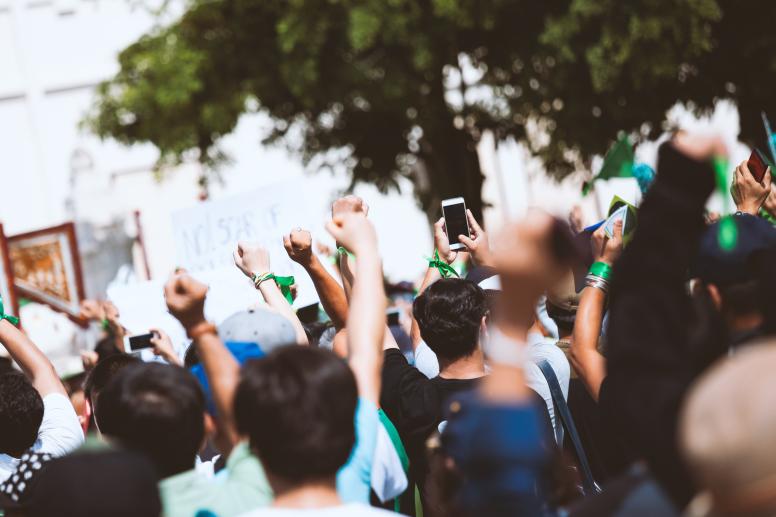
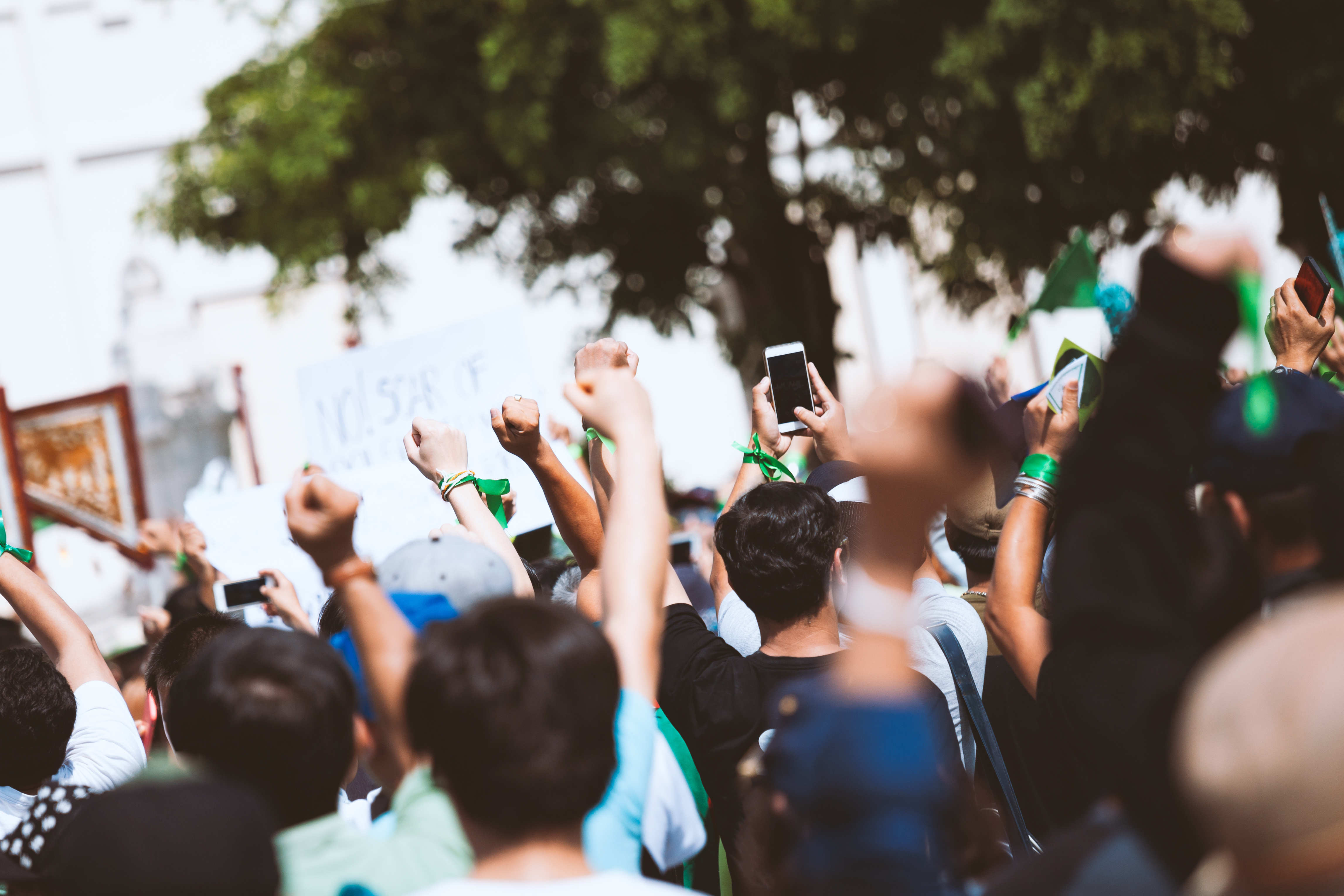
Fighting authoritarianism
The politicisation of gender identity, expression and sexual orientation, including vitriolic language on the part of legislators, candidates and elected leaders, has a negative impact on the safety and well-being of women and LGBTQI+ people, including their ability to engage in political and democratic processes. Removing these political and societal barriers to the participation of LGBTQI+ people in democratic institutions and governance is a fundamental goal of the Global LGBTQI+ Inclusive Democratic Empowerment (GLIDE) Initiative, which aims to support and increase the LGBTQI+ community’s participation in and use of democratic spaces and mechanisms. Efforts like GLIDE – funded by the Global Equality Fund and implemented by Outright International, Synergía – Initiatives for Human Rights, and the International Foundation for Electoral Systems (IFES) – provide essential funding for capacity and institutional strengthening of LGBTQI+ organisations and their leaders.
As well as releasing its first call for statements of interest and conducting a landscape analysis to capture the experiences of LGBTQI+ people with democratic and civic engagement, the GLIDE Initiative is developing new partnerships to tackle the critical barriers to democracy that face the LGBTQI+ movement. GLIDE is working to bring together political leaders at every level, members of the LGBTQI+ community, civil society organisations, religious and traditional leaders, academics and researchers, feminist organisations, and other allies. The aim: to fight authoritarianism and develop a convincing, cohesive and coordinated counter-narrative to the anti-gender agenda and those who want to limit the power and silence the voice of so many people.
We invite ALIGN readers to join us in this critical effort – you can learn more online about GLIDE, including ways to get involved and track future funding opportunities.
Tweet this blog
Interesting #quickread -> 'LGBTQI+ people on the frontlines of democratic backsliding'. New blog by @OutRightIntl for @align_gender.
#womeninpolitics #backlash #LGBTQI
About the author
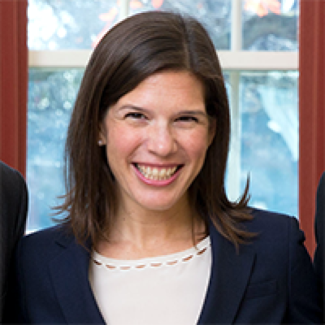

Regina Waugh is the Senior Global Gender Advisor at the International Foundation for Electoral Systems (IFES) and leads IFES’ work on gender equality, women’s empowerment, and LGBTQI+ rights. Regina's career began with the U.S. government as a Presidential Management Fellow at the U.S. Department of State and went on to serve as the Obama administration's Director for Human Rights and Gender at the White House National Security Council, and as the chief of staff in the Secretary’s Office of Global Women’s Issues at the U.S. Department of State. Regina holds a BA, MPP, and JD from the University of California, Berkeley, and is a member of the California Bar.
- Countries / Regions:
- Global
Related resources
Report
14 April 2025
Published by: ALIGN, IfD
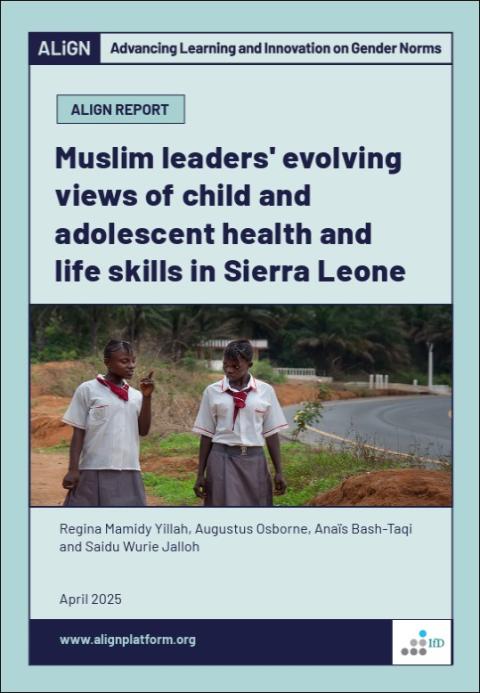
Report
26 March 2025
Published by: ALIGN, Aahung
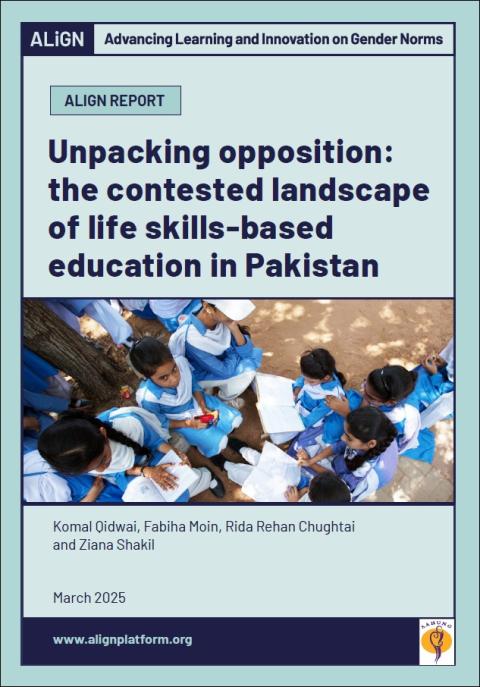
Report
12 February 2025
Published by: ODI
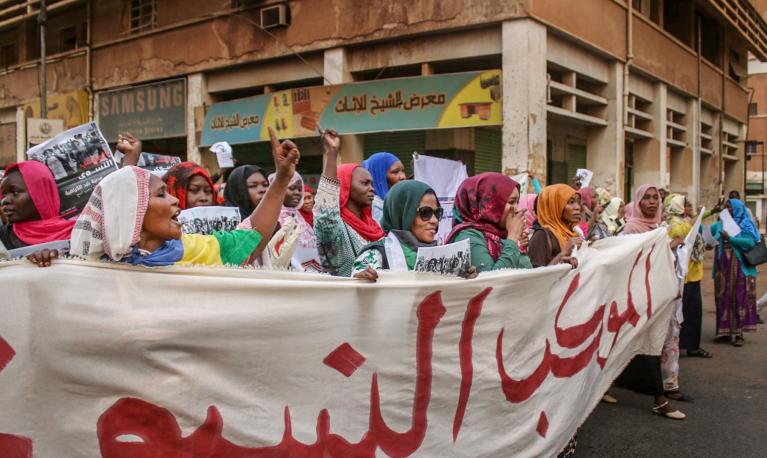
Blog
10 February 2025
Published by: ALIGN
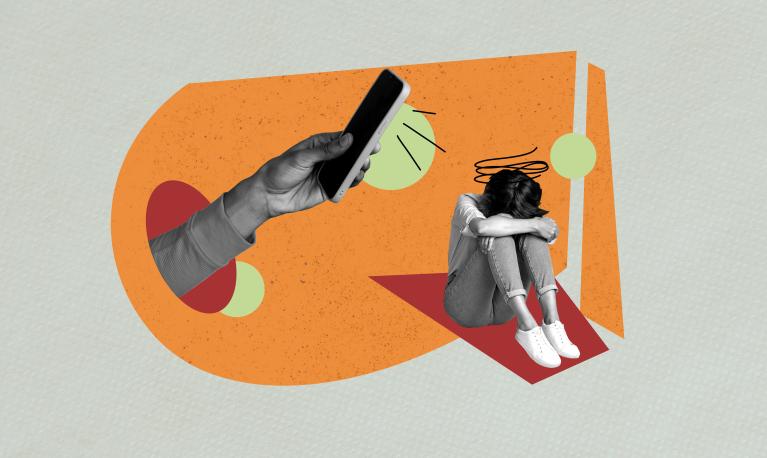
Blog
19 December 2024
Published by: ALIGN
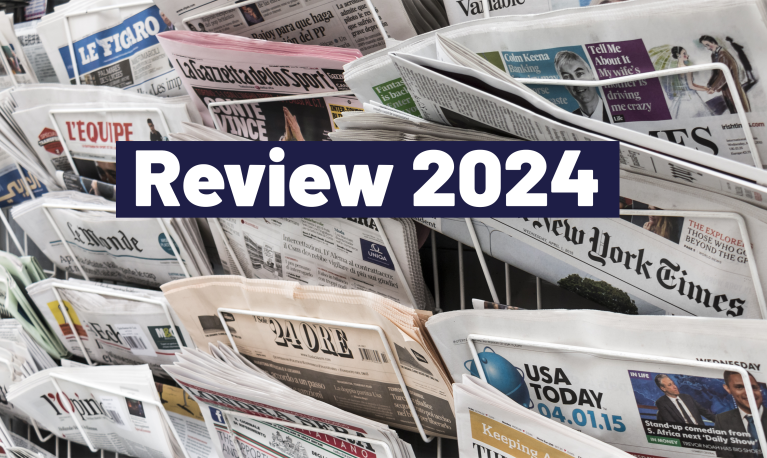
Report
13 November 2024
Published by: ALIGN
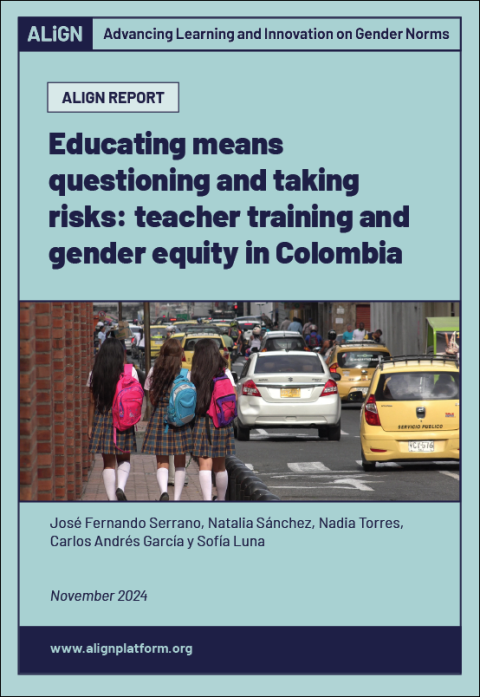
Report
21 October 2024
Published by: ALIGN
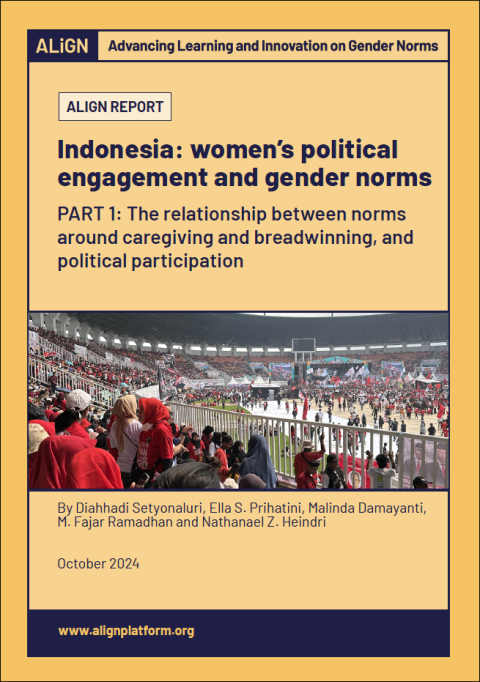
Blog
14 October 2024
Published by: ALIGN
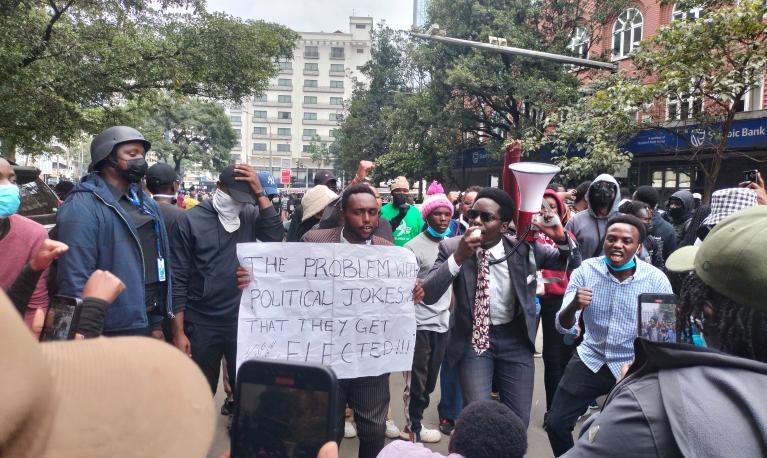
Report
8 September 2024
Published by: ALIGN
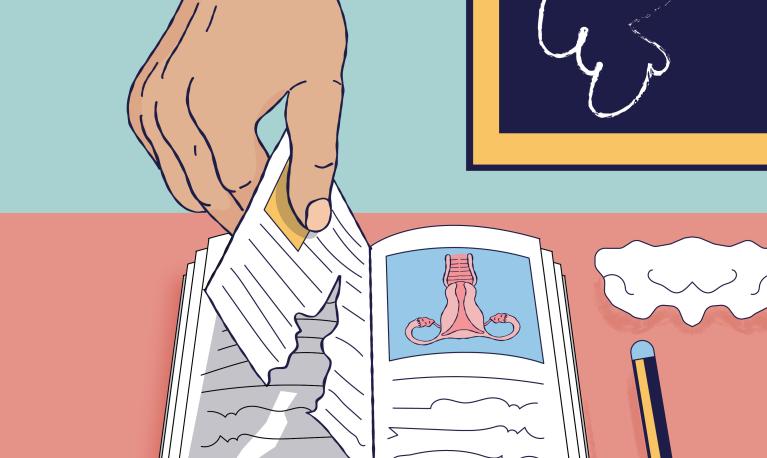
Report
4 September 2024
Published by: ALIGN, SISMA Mujer
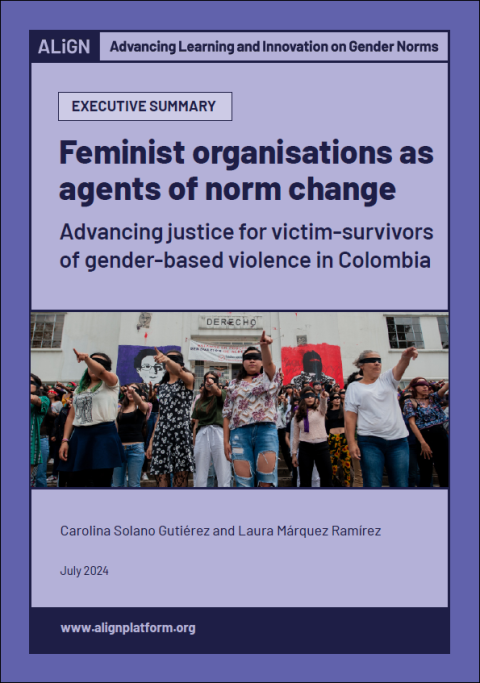
Report
17 July 2024
Published by: ALIGN
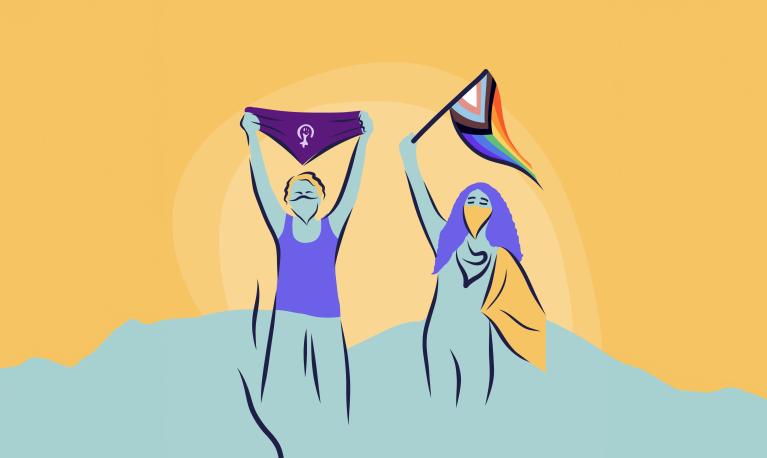
Blog
27 June 2024
Published by: ALIGN
